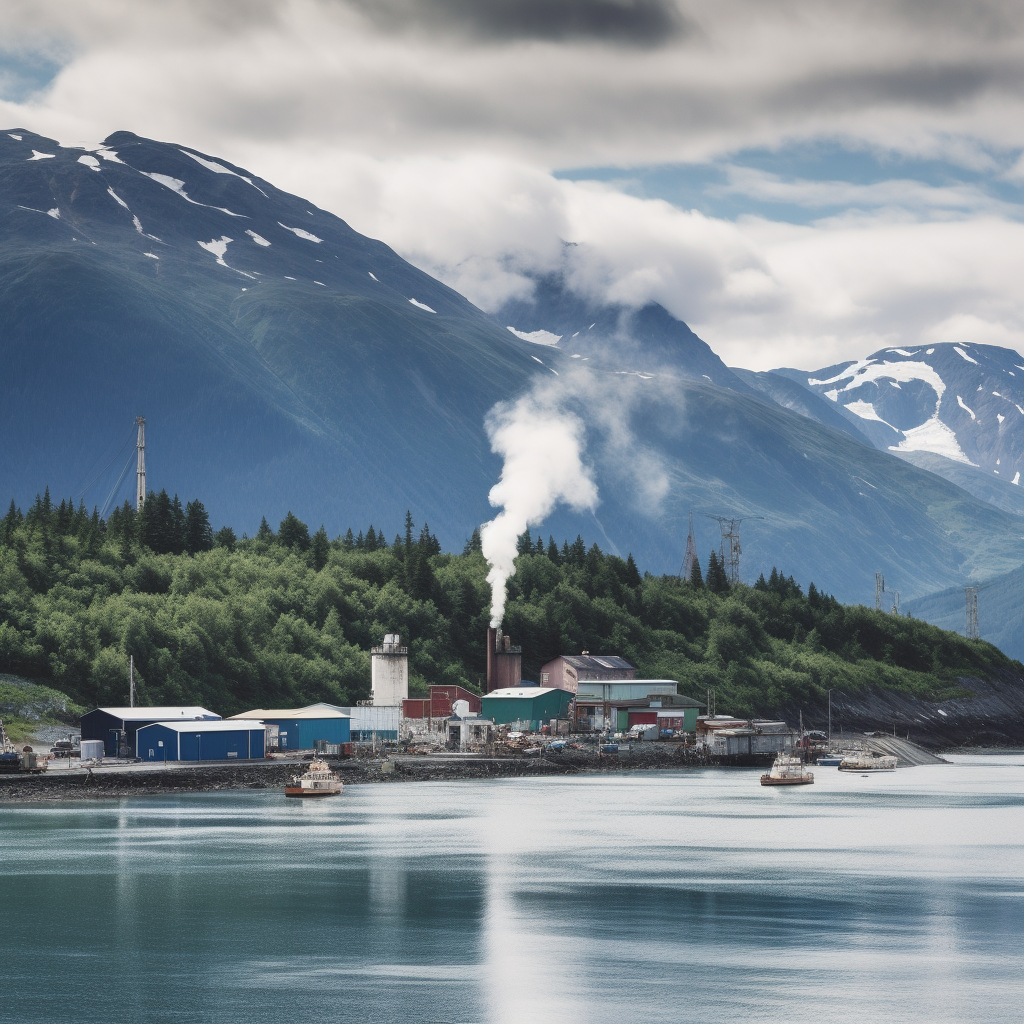May 5, 2023
Decisions Regarding Fossil Fuels in Alaska That Have Raised Questions About Climate Change and the Biden Administration
Book a Demo
The Biden administration has recently made headlines with two major decisions regarding fossil fuel development in Alaska. On one hand, they have approved a controversial natural gas pipeline and export project that will significantly boost U.S. natural gas exports to Asia, while on the other hand, they are considering restrictions on fossil fuel development in the region.
The approved project includes additional environmental protections and is expected to create thousands of jobs during construction and permanently employ 1,000 people. It will also provide a significant source of low-emissions, responsibly produced energy. However, environmental groups have criticized the decision, citing concerns about the climate crisis.
The pipeline will have an average throughput of 3.1 billion cubic feet of LNG per day and 2.6 bcf of natural gas will be authorized for export. While the project is expected to have economic benefits, its impact on the environment and climate change remains a source of concern for many.
The potential fossil fuel development restrictions in Alaska, if implemented, could have significant economic impacts on the region. Environmental groups support the move, but fossil fuel industry supporters argue that restrictions would harm Alaska’s economy and energy security. The Biden administration has not announced any specific policies yet, but the issue is expected to remain contentious.
As the world faces the challenges of climate change and the transition to renewable energy sources, the decisions made by the Biden administration regarding fossil fuel development in Alaska will undoubtedly have a significant impact on the region and the country as a whole. It remains to be seen how these decisions will play out and what the long-term effects will be.



